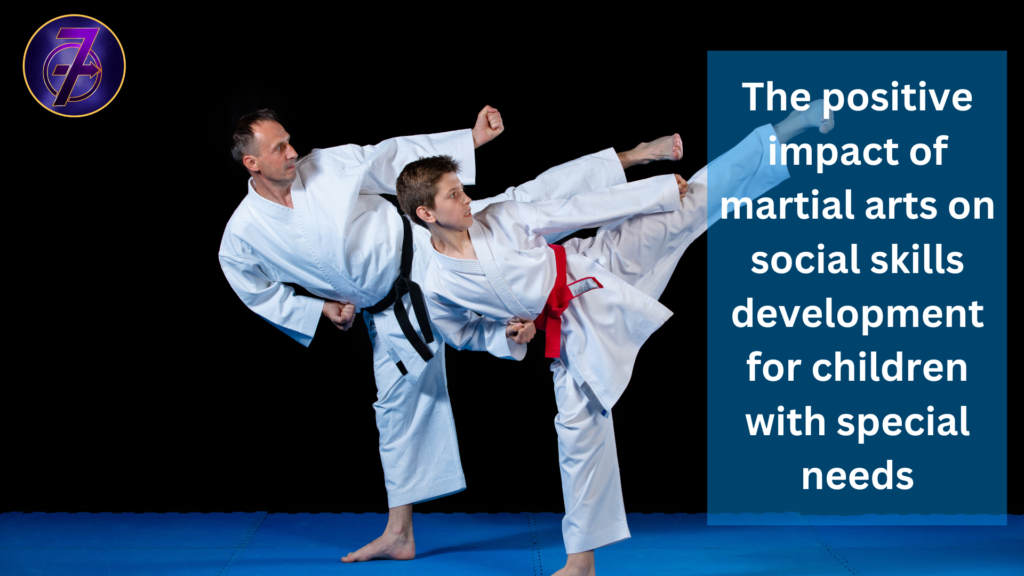
Introduction
Children with special needs often face unique challenges in personal development and social integration. Traditional therapies and education models can certainly aid their growth, but incorporating physical activities that encourage social interaction and skill development has been identified as beneficial. Among these activities, martial arts have demonstrated significant positive effects, providing a new avenue to empower children with special needs.
Martial arts are not just about self-defense; they embody a holistic approach to personal development, encompassing physical fitness, discipline, respect, self-confidence, and social skills. For children with special needs, such as autism spectrum disorders, ADHD, and Down syndrome, martial arts offer numerous benefits beyond the dojo.
Boosting Self-Confidence
Martial arts training typically involves overcoming physical and mental challenges, fostering a sense of accomplishment in students. For children with special needs, this accomplishment can significantly boost self-esteem. By mastering new techniques and earning belts, they experience a sense of achievement that reinforces their self-confidence, often translating into improved social interactions.
Developing Social Skills
Group classes in martial arts provide an excellent environment to interact with peers and form relationships. These social dynamics promote communication skills, collaboration, and understanding of social norms. For children with special needs who may struggle with social interactions, this is a valuable opportunity to practice these skills in a supportive environment.
Fostering Discipline and Respect
Martial arts strongly emphasize respect for others – the trainer, fellow students, and even opponents. This ingrained philosophy aids in teaching children the value of understanding, patience, and respect for others’ boundaries. Additionally, the discipline required to learn martial arts can be carried into daily life, encouraging good behavior and adherence to rules, which can benefit children with behavioral challenges.
Promoting Physical and Emotional Well-being
Engaging in martial arts enhances physical fitness, coordination, and motor skills, which are often tricky for children with special needs. Moreover, focusing on breathing techniques and mindfulness in martial arts promotes emotional well-being, helping children manage stress and anxiety commonly associated with social interactions.
Inclusivity and Adaptability
The beauty of martial arts lies in their adaptability. Trainers can modify techniques to match each child’s capabilities, ensuring every student, regardless of their abilities or disabilities, can participate fully and reap the benefits. This inclusive environment can provide a strong sense of belonging and acceptance, which is vital for social development.
The impact of martial arts on children with special needs extends beyond physical fitness. It offers them a space to grow, learn, and connect with others, fostering their social skills in a safe, inclusive environment. By training in martial arts, these exceptional children can embrace their uniqueness and translate it into strength, making significant strides in their social journey.
The saying, “The battle is won in the mind before it is won on the field,” holds here. Children with special needs can win their battles through martial arts, developing not just as martial artists but as confident, socially adept individuals ready to take on the world.
